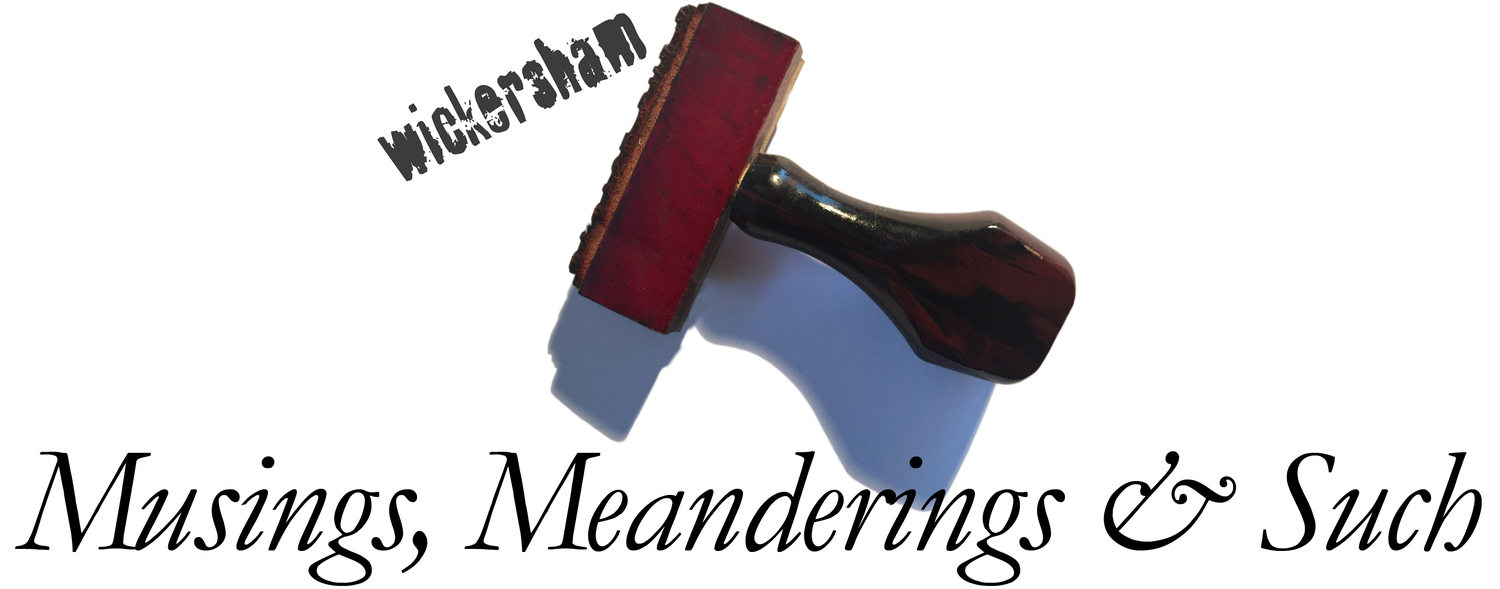This Bud’s not for you.
Budweiser spends about $75 million every four years to be the official beer sponsor of the World Cup. In a stunning, last-second reversal ahead of Sunday’s kickoff, host country Qatar—the first nation in the Arab world to host the event—has banned alcohol sales within stadiums, something it had initially agreed to. The ban ignores a previous agreement allowing the sale of beer to fans in specific areas and at specific times in a country where alcohol is heavily controlled and off-limits to most of the population.
Bummer.
And there is a bigger advertising issue at play.
It’s estimated the Qatar World Cup will attract 5 billion viewers, almost two-thirds of the world’s population. With reach like that, how can you walk away from that kind of scale in a marketing opportunity because of a few human rights violations…? (sarcasm here).
Bloomberg News reported they contacted 76 companies sponsoring the tournament or teams, including the likes of Adidas AG, Coca-Cola Co., Volkswagen AG, and Microsoft Inc.’s XBox, all from countries where human rights criticism is widespread. None of the seven key FIFA sponsors said they would make any changes to their global advertising plans to reflect concerns for human rights.
Money talks, okay, eyeballs.
While the Qatar World Cup is the most scrutinized World Cup in history, few are walking away from the staggering marketing reach available. There are so few events left with that kind of live audience, actually none with that kind of reach.
Further reported in Bloomberg News, “Of the 69 sponsors of national teams, 20 responded to express their commitment to human rights, though declined to disclose if or how their marketing might change. Thirteen companies did say they would make adjustments, though few have significant business ties to Qatar.”
There is a dark cloud over this event.

